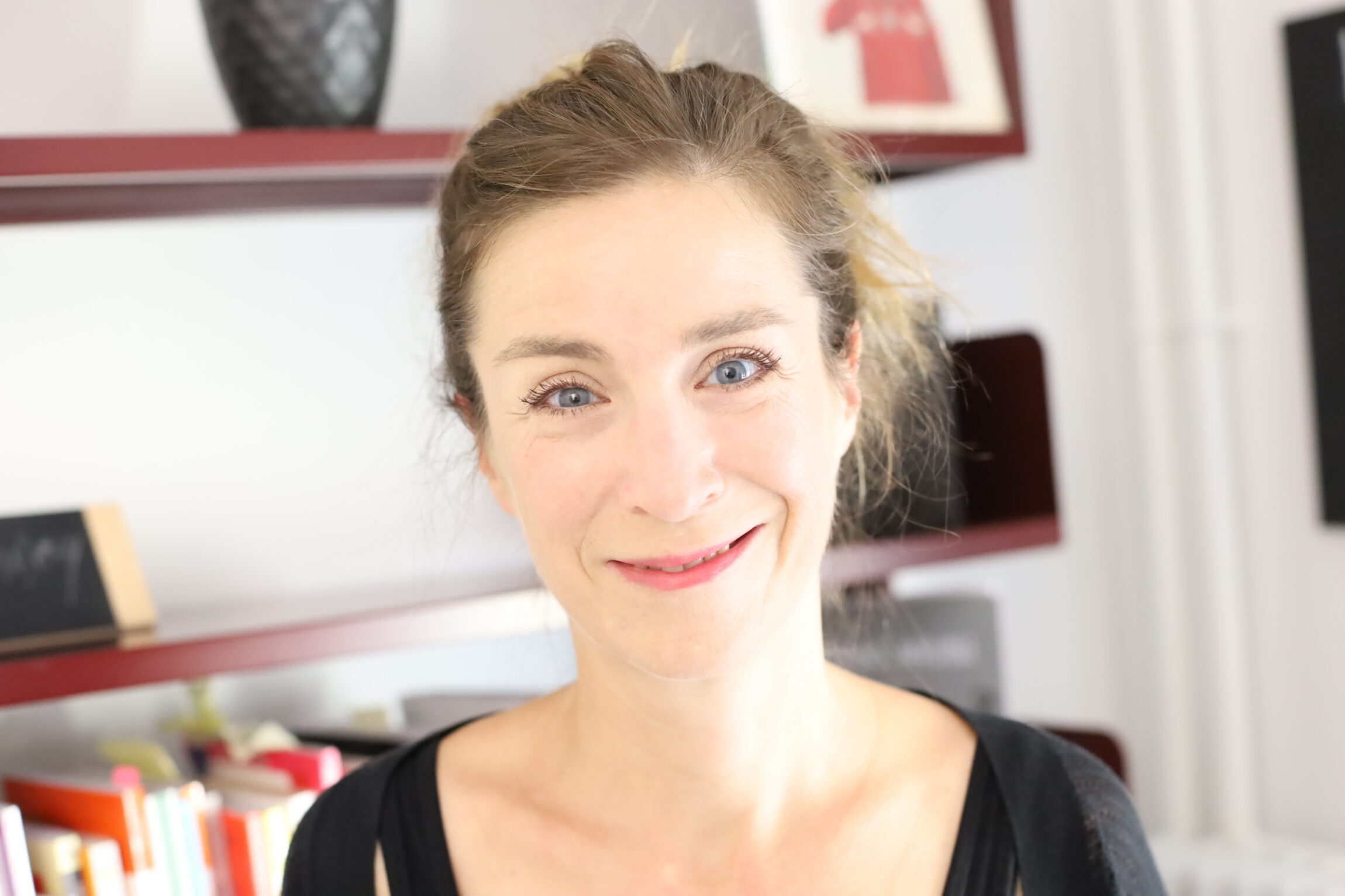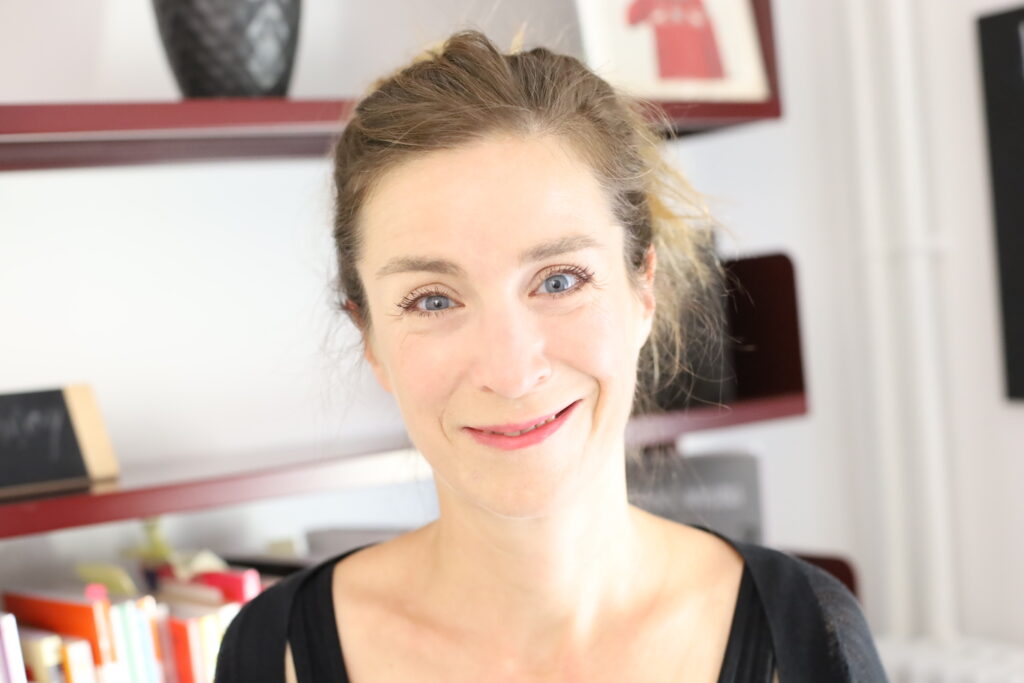Nathalie Quartenoud Macherel and her colleagues, who work in the Department of Special Education, created this platform to facilitate the integration of autistic students into the academic environment.

A first step to better accommodate autistic people at the University:
You offer an innovative approach in Switzerland and in the French-speaking world. For many people, an autistic person is a kind of Rain Man, but what exactly is it?
Autism is a neurodevelopmental disorder that affects the way a person relates to others and their environment. It is referred to as a spectrum because autism varies greatly from person to person and from time to time.
What is the proportion of people with autism in the population?
Autism affects about 1% of the general population. Based on the European figures for universities, we can imagine that the University of Fribourg has about fifty students with autism. These students have often had to go through a difficult path to get there. For years, scientists thought that autism was almost exclusively male, making girls the “exception within the exception”. That trend is changing.
Why do students with autism drop out of school more often than others?
Autistic people have different sensory abilities that can make learning more difficult. Take the example of a student with auditory hypersensitivity: the slightest noise, the ticking of a watch, the sound of a projector, or the noise of computer keyboards can completely disturb him or her, to the point where he or she can no longer concentrate on what the professor is saying.
But this could also be the case for a “normal” person!
Unlike neurotypical people, the autistic person cannot always pick out the relevant information, because it all comes to him or her with the same intensity. A bus passing in the distance during an exam can be terribly destabilizing. While a neurotypical person can easily ignore this slight disturbance, an autistic person will have to concentrate on picking out the relevant information. This is called a “double task”. Their auditory hypersensitivity will eventually tire them out, as they have to make considerable efforts to focus their attention on the other tasks. It’s a bit like asking you to take two classes at the same time. It can quickly become exhausting, as it takes constant effort to focus attention in the right place. Simple adaptations can make this adjustment easier and reduce the risk of dropping out of school.
Is hearing the only sense affected?
In the world of autism, we are used to saying that there are as many autisms as there are autistic people. We also often hear the saying, “If you’ve met an autistic person, you’ve met an autistic person”. So a lot of things can be explained in broad terms, but the demonstration of autism spectrum disorder is ultimately unique to each individual. On a purely sensory level, some people are bothered by tactile hypersensitivity and will adapt their daily lives, such as their choice of clothes; others may be visually sensitive and will be rather bothered, typically in a classroom, where the neon light is flashing. For some, this sensitivity is so strong that it is akin to pain, while for others this discomfort is perfectly manageable. However, I would like to point out that almost half of autistic people have intellectual capacities within the norm, and some have even better capacities. It is therefore appropriate to speak of atypical functioning, rather than deficits, and to differentiate this atypical functioning from academic skills.
What solutions could the university put in place?
The principle of universal design for learning is making its way into higher education. This concept favours a mix of teaching forms to suit a wide range of learners. It is clear that the majority of adaptations would automatically benefit the greatest number of learners: communicating slides in advance, taking care of sensory aspects, supporting group formation for joint work, offering a clear teaching structure, clarifying expectations in terms of learning objectives. But also at the structural level, the simplification of room numbers in our huge university spread across the city, the establishment of quiet rooms, or the sensitization of administrative staff would be positive steps towards a benevolent understanding. In reality, we are moving further and further away from a conformist vision, and this is also what the notion of neurodiversity teaches us: there is no such thing as a typical professor or typical student. The value of thinking differently can represent considerable resources for the academic and professional world without undermining the excellence of university training, fortunately.
So there is no reason why we should not be more welcoming of disabilities at university?
Numerous scientific studies have shown that appropriate support significantly reduces the risk of failure during university studies and thus facilitates entry into the world of work. By considering inclusion, we are not proposing a levelling down, as we sometimes hear, because the requirements in terms of the quality of the expected skills remain exactly the same.
Additional information
Nathalie Quartenoud is leading the Autism&UniSwiss initiative and founder, with Nicolas Ruffieux and Catherine de Blasio, of this website. He is actively involved in the support of neurodiversity at the University of Fribourg.
Nathalie Quartenoud works closely with the Office of Studies and Disability and provides consultation hours for students on the autism spectrum with the Student Psychological Counselling Service
About the author
Nathalie Quartenoud was interviewed by Christian Doninelli for the university newspaper Alma&Georges
Interview translated by Daniel Dukes


 Back
Back 